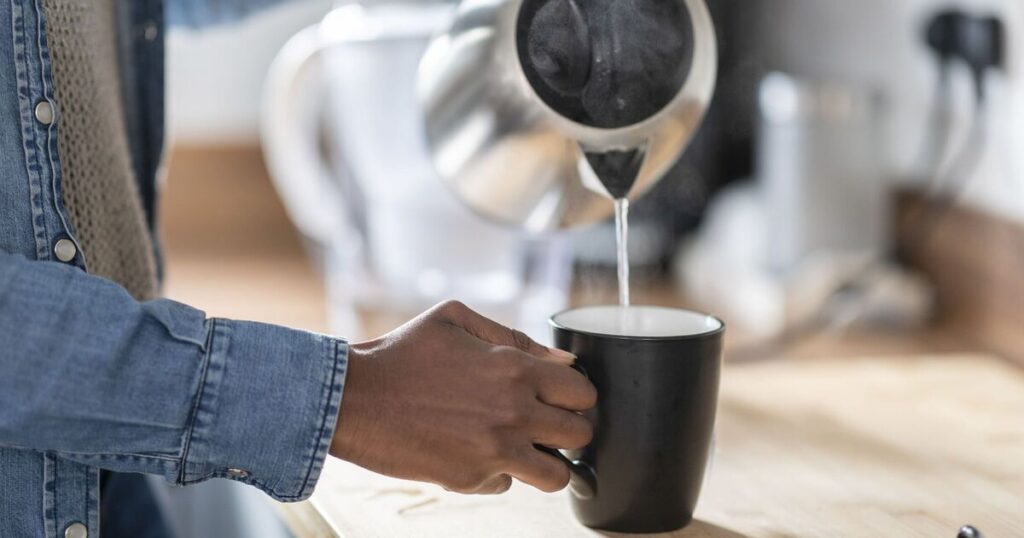
It’s something we probably all do every day, several times a day – especially if you work from home.
But with the Ofgem gas and electricity price caps both going up by another 2% from October 1, the price of everything from running the washing machine to cooking in the oven is going to increase by 2% as well. The cost of a cuppa is probably not something you really think about, but the kettle is actually one of the most power hungry appliances in your kitchen – it just tends to only be used for short bursts, so you don’t necessarily notice.
According to magazine Saga, a typical kettle has a 3kW element and a 1.7 litre capacity. From October 1, Ofgem’s price cap is going up from 25.73p per kWh to 26.35p per kWh.
At 3kWh, it will cost roughly 6.6p to boil the kettle, assuming a five-minute boil time at 3kWh at 26.35p per unit.
According to a survey by YouGov, the average British person enjoys 884 cups of tea per year, or a rough average of 2.5 cups per day. For 2.5 cups a day, that means roughly 16.5p per day is spent boiling the kettle (6.6px2.5), or £60.22 per year.
You might think this could then be doubled for two adults drinking an average of 2.5 cups each, but this would only apply if boiled separately. If the water was boiled at the same time then the cost is shared across the two cups. But if both adults drank their teas at separate times, making them only for themself, then the kettle is being used twice as often and this cost then effectively doubles.
Apart from sharing the boils or simply drinking less tea, there are other ways you could cut your usage. If you only boil the amount you need, rather than a full kettle load, it cuts your usage down by about £20 a year.
Saga explains: “An average cup holds around 235ml (8fl oz) of water. A 3kW kettle will boil this amount of water in around 45 seconds. Therefore, only boiling the amount you need could reduce 6p to 1.1p.”
Another tip is to clear limescale out of your kettle. Saga added: “If you live in a hard water area and struggle with limescale, knowing how to descale a kettle is essential – not only for improving taste, but also for reducing the time it takes to boil your kettle. Allow the limescale to build up and the electricity or gas will have to work harder to heat the water.”
Finally, the best thing to do is to grab a cheap fix. There are still several energy fixes on the market which are cheaper than the April price cap, and will save you as much as 6%, which could be about £105 per year. It’s not too late to sign up for a cheap fix if you’re not currently on a fix and slash your costs before they rise next month.
